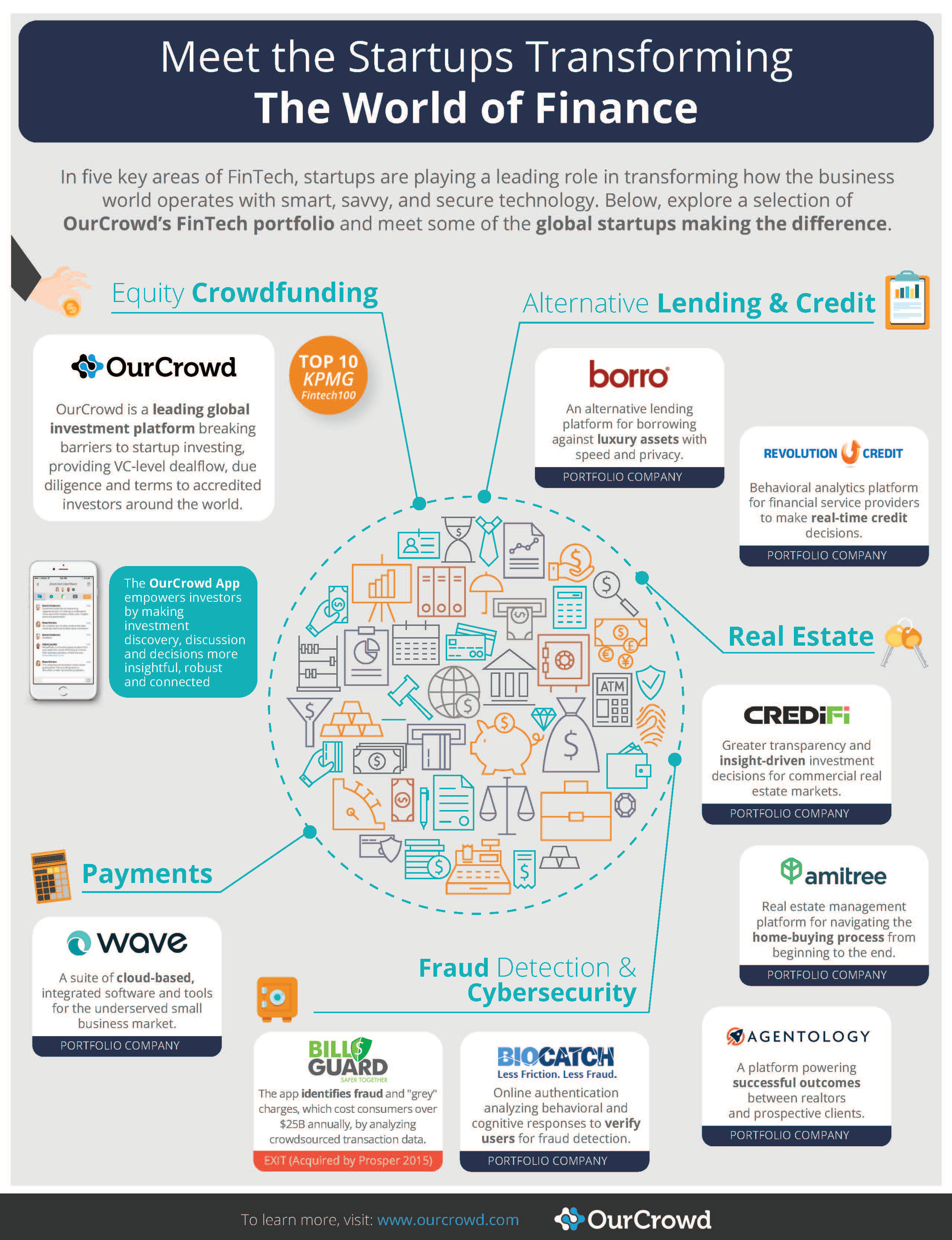Part Two of this FinTech series will discuss the current breakthroughs in cross border payments that are waving in a golden age of FinTech, despite regulation.
Global Payments Part Two: Cross Border Payments
“By 2020 it is expected that some 94 million online shoppers will spend almost $1 trillion on cross-border eCommerce transactions. To get a piece of this opportunity, retailers need to be able to handle the complexities of selling to shoppers in multiple countries. Shipping logistics, tax handling, localization of the checkout page and local payment processing are all critical to be successful selling cross-border.”
The statement, released by FedEx when they announced their partnership with eCommerce gateway BlueSnap, highlights the reasons and difficulties in cross-border shopping, and payments in particular.
This slow-moving issue hits everyone from those looking to send a few dollars every month to families back home, to huge businesses wanting to participate in cross border eCommerce orders.
The $1T estimate from FedEx only covered eCommerce transactions, which is just a fraction of the span of cross-border payments. The problem can complicate even minute issues like multinationals needing to transfer funds for payroll across borders or B2B businesses looking to import/export goods.
With the global marketplace growing, motivated businesses can just get by for most problems.. But the biggest pain point so far, and the place where FinTech startups can step in, is the speed and cost of sending money through current payment processing systems.
Traditionally, companies have sent money through banks. But just like remittances (mentioned in part one of this series), banks charge a nice margin on forex transfers plus a fee. And even if you’re not doing a currency change, then you still need to decide whether to use a wire transfer or ACH payment.
ACH payments are expensive, and wire transfers through opaque networks, like SWIFT, are slow. Even though SWIFT recently released a payment tracker so you can monitor how slow your payment is moving, the process is still not ideal.
FinTech companies focusing on cross border payment networks are trying to alleviate the pressure with their own innovative solutions. The challenge is different than the remittance solutions, which have low maximums and don’t offer the security that is required for B2B companies.
Emerging FinTech companies are moving in an ambitious, but attainable direction; creating their own payment networks that allow fast and cheap payments. Instead of money moving internationally and bouncing from bank to bank collecting fees at every stop, FinTech startups are building an independent network that turns international payments into local ones. Companies like Israeli B2B payment leader Payoneer have set up a system that controls both sides of the transaction, creating instant cross border payments.
These breakthroughs are working around the payments problem and unlocking the potential for global B2B and ecommerce interactions quicker than any bank solution on its own. These solutions are propelling the world economy even further, finally bringing payments up to speed with the rest of the leaps made in cross-border trade, and making more options viable with lower costs.
FinTech has yet to fully grapple with the major issue of what slows down new companies from creating faster and more cost-efficient payments. It is the ‘dirty’ word of fintech: regulation. The “R word” slows down the disruption process to a snail’s pace. It’s one thing for Uber or Airbnb to “move fast and break things” when it comes to transportation and hotel markets; the king of regulation, the SEC, enjoys expertise in finding companies that are non-compliant, taking them to court, even jailing them and shuttering their doors.
Yet regulation cannot block all innovation. As more and more fintech startups create strategic partnerships with institutions, and bridge payment networks band together, cross border payments become easier. Once early adopters of the leading financial institutions establish using FinTech startups for cross border payments as a legitimate solution become the norm, it will become faster, cheaper, and more efficient, and FinTech may enter a golden age.
Want to learn more about OurCrowd’s FinTech portfolio? Browse our startups now.



![[Codility in TechCrunch] 3 strategies to make adopting new HR tech easier for hiring managers](https://blog.ourcrowd.com/wp-content/themes/Extra/images/post-format-thumb-text.svg)



